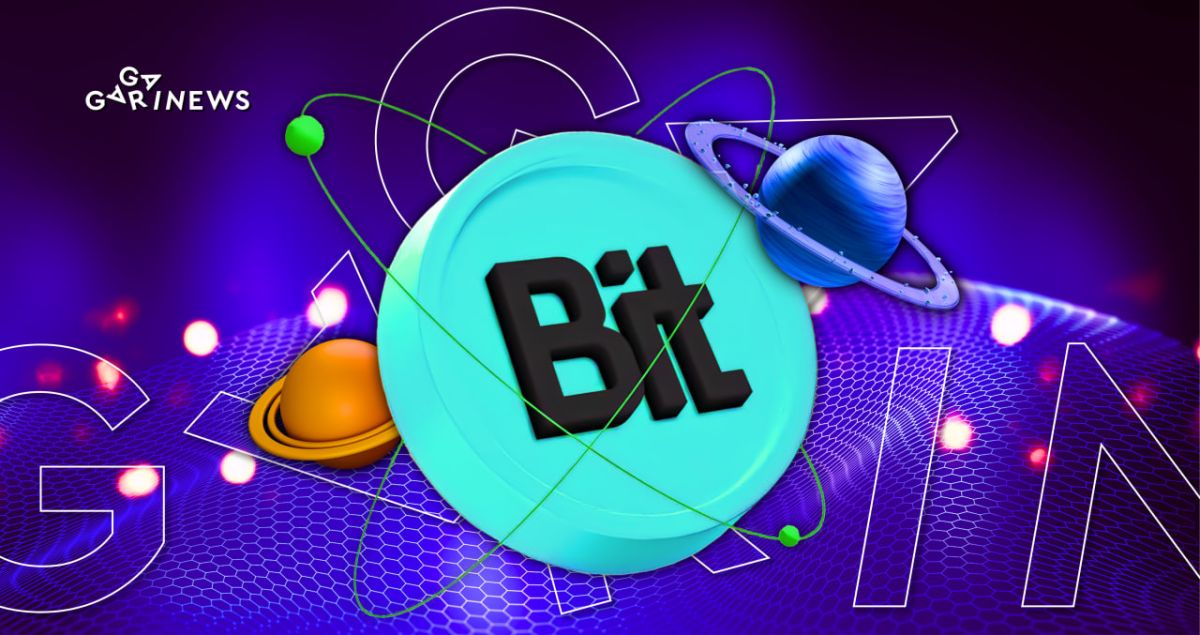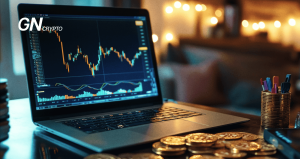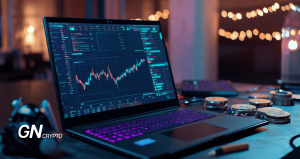An overview of the BitDAO project and the BIT token

BitDAO is a cryptocurrency project aiming to build a decentralized asset economy where anyone can participate.
On this page
The protocol is one of the largest decentralized autonomous organizations in the DeFi sector and is managed solely by owners of the BIT token.
History of creation
According to the official documentation, BitDAO has no founders. Instead, it is governed by the BIT holders, including prominent investors such as Peter Thiel, Founders Fund, Pantera, Dragonfly, Spartan, Bybit investment funds, and other private investors.
Since no organization or company manages the protocol, anyone can become a DAO member and propose changes. Once approved by the majority, these changes can be integrated into the project.
Investments and financing
As part of a private investment round that determined the initial owners of BIT tokens, $230 million worth of coins were sold. In addition to the listed entities, the key investors included Kain Warwick, Alan Howard, DWF Labs, Cambium Grove Capital, and Fenbushi Capital.
BitDAO Private Round Data (Crunchbase)
The public round took place on August 17, 2021. 9,200 people participated in the auction. During the auction on SushiSwap's MISO platform, BitDAO raised 112,000 ETH, which amounted to a fantastic $350 million.
Tweet from the BitDAO team about the results of the public investment round
Platform mechanism
The BitDAO platform aims to support a wide range of projects in the NFT, DeFi, Play-to-Earn, DAO, and other industries. The protocol's purpose is to support the development and funding of other startups to build a large ecosystem around BitDAO in the future. DAO acts as a type of treasury that distributes development vectors and controls the flow of funds.
Here’s a list of tasks and goals set by the initial participants of the protocol:
● Actively partner with the best crypto projects via token swaps to accumulate a reserve of assets of the most reputable crypto projects;
● Create DAO management products on and off the blockchain, develop treasury solutions;
● Provide grants to companies and startups that explore the cryptocurrency industry and create new, innovative products in the blockchain sphere.
BitDAO chain of work (Bybit.learn)
The BIT token and DAO structure
The ERC-20 BIT token on the Ethereum blockchain is the project's heart. DAO is built around this asset, and here are some of its characteristics:
- Market capitalization – $650 million;
- Maximum supply – 9,610,239,403;
- Circulating supply – 1,165,584,697;
- Average daily trading volume – $24 million;
- ATH – $3.88;
- ATL – $0.28.
Here are some of the privileges that BIT holders have as DAO members :
● Voting for or against protocol changes, and submitting their own proposals;
● Creating the project's main vector of development and mission;
● Updating fund management and distribution protocols.
The BIT token is traded on Bybit, Coinbase, Gate, and other platforms. You can find a full list of these platforms on analytical resources like CoinGecko and CoinMarketCap under the “Markets” section.
Dynamics of the BIT token price (CoinMarketCap)
Bybit Launchpads
Cryptocurrency exchange Bybit is the first platform that has volunteered to become the foundation for the future development of BitDAO. The exchange has pledged to deduct 2.5% of the net profit from the futures section on its platform to the BitDAO protocol treasury.
Bybit has a launchpad for young projects. BIT holders receive a portion of the initial token offering, which is based on the amount of BIT in their wallet. Also, lucky ones receive an increased allocation through a lottery.
Profitability of some launchpads on Bybit
Interesting Facts
● On December 22, 2022, the BitDAO community voted to allocate $100 million from the treasury to gradually buy back their own tokens from the market. These coins will be redeemed within 50 days;
● 100 million BIT tokens are held by the Alameda Research Foundation. After the FTX scam, these coins were moved to a special Bip-4 swap wallet.
The content on The Coinomist is for informational purposes only and should not be interpreted as financial advice. While we strive to provide accurate and up-to-date information, we do not guarantee the accuracy, completeness, or reliability of any content. Neither we accept liability for any errors or omissions in the information provided or for any financial losses incurred as a result of relying on this information. Actions based on this content are at your own risk. Always do your own research and consult a professional. See our Terms, Privacy Policy, and Disclaimers for more details.






























